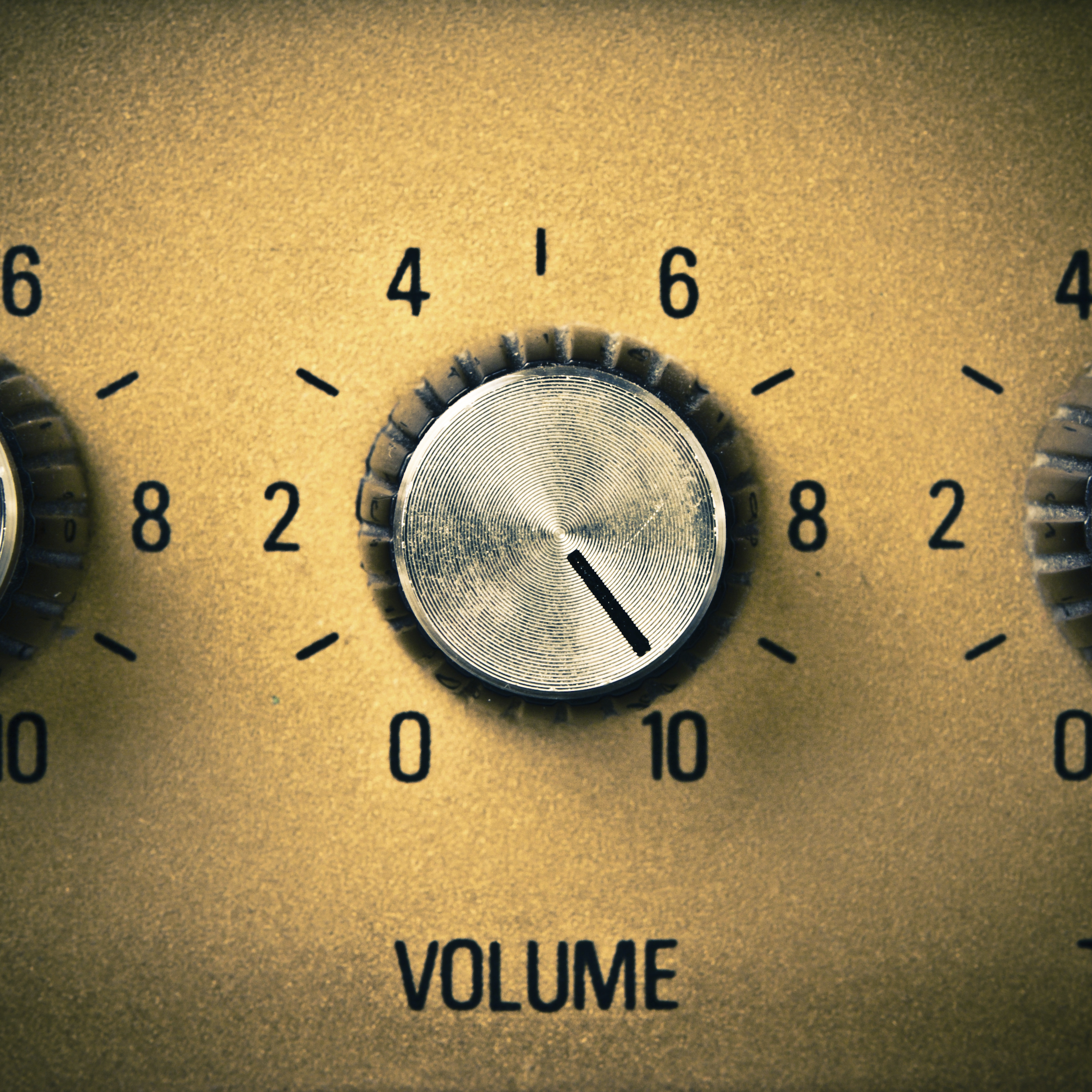
MEPs urged to end EU’s ‘deafening silence’ on traffic noise
The fight against traffic noise is being directed at MEPs, as the European Parliament’s environment committee prepares for a vital vote in July. T&E and two other Brussels-based NGOs have published an internet video highlighting the problem, while a report for T&E published last month showed the benefits of ambitious vehicle noise legislation would outweigh the costs by 30 times.
Noise is often cited by NGOs as the neglected environmental and social problem of road traffic. While much attention has been focused on fuel efficiency and emissions, EU noise levels are still governed by a directive dating from 1970. In December, the Commission published a proposed revision that would require cars and vans to be four decibels quieter – and lorries three decibels – five years after the revision comes into effect.
Environmental organisations welcomed the measures but said they should go much further in order to provide an incentive to the automotive industry to reduce noise, and thereby reduce the cause of 50 000 premature deaths and 250 000 case of heart disease per year. This is why the focus is falling on the European Parliament’s environment committee, which has the opportunity to demand stricter standards and a quicker timeframe when it debates the proposed revision in July.
T&E clean vehicles manager Greg Archer said: ‘The EU has turned a deaf ear to traffic noise for far too long. Traffic noise levels have been getting worse for 50 years, and vehicle noise standards haven’t been changed for 20 years. MEPs have a great opportunity to end the EU’s deafening silence and make a real difference to the lives of millions of Europeans by proposing the reduction be tightened to six decibels for cars and vans, and five for lorries,. They can and should also ensure that limits proposed by the Commission should be in force at least a year sooner than envisaged. This would reduce the number of noise-disturbed people by around 40% and cut the number of sleep-disturbed people by almost a third.’
The recommendations for stricter and faster noise reductions are based on a study by the Dutch consultancy TNO, published last month, that was commissioned by T&E and the Dutch environment ministry. It says the cost of a further two-decibel reduction in vehicle noise would be €3 billion, and would result in additional benefits worth €51bn. It also says the stricter reductions could save €89 billion in health costs by 2030, as well as adding to property values and reducing the amount of money needed for insulation.
T&E deputy director Nina Renshaw said: ‘By introducing the stricter standards, the EU would be reducing noise levels equivalent to taking more than half of today’s traffic off the road.’
The internet video was produced by T&E, EEB and Health & Environment Alliance. It uses on-street interviews in Birmingham, Copenhagen and Rome to highlight how traffic noise impacts on the health and well-being of citizens, and calls for a five-step plan developed by the organisations to be adopted by MEPs to strengthen the Commission’s proposals.
